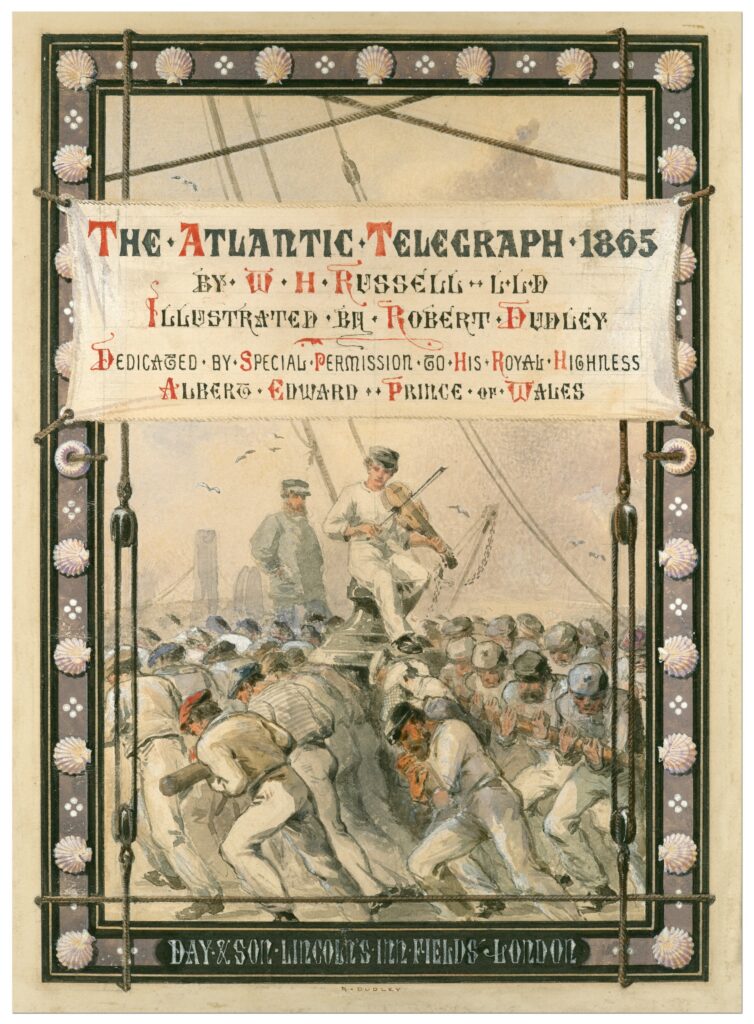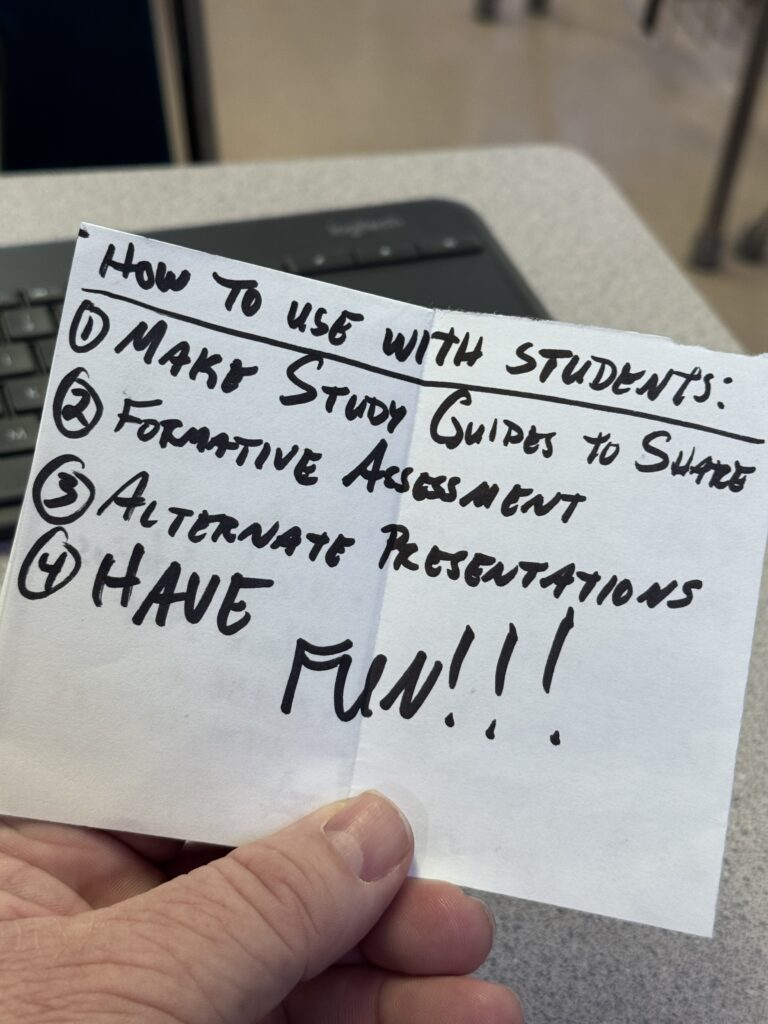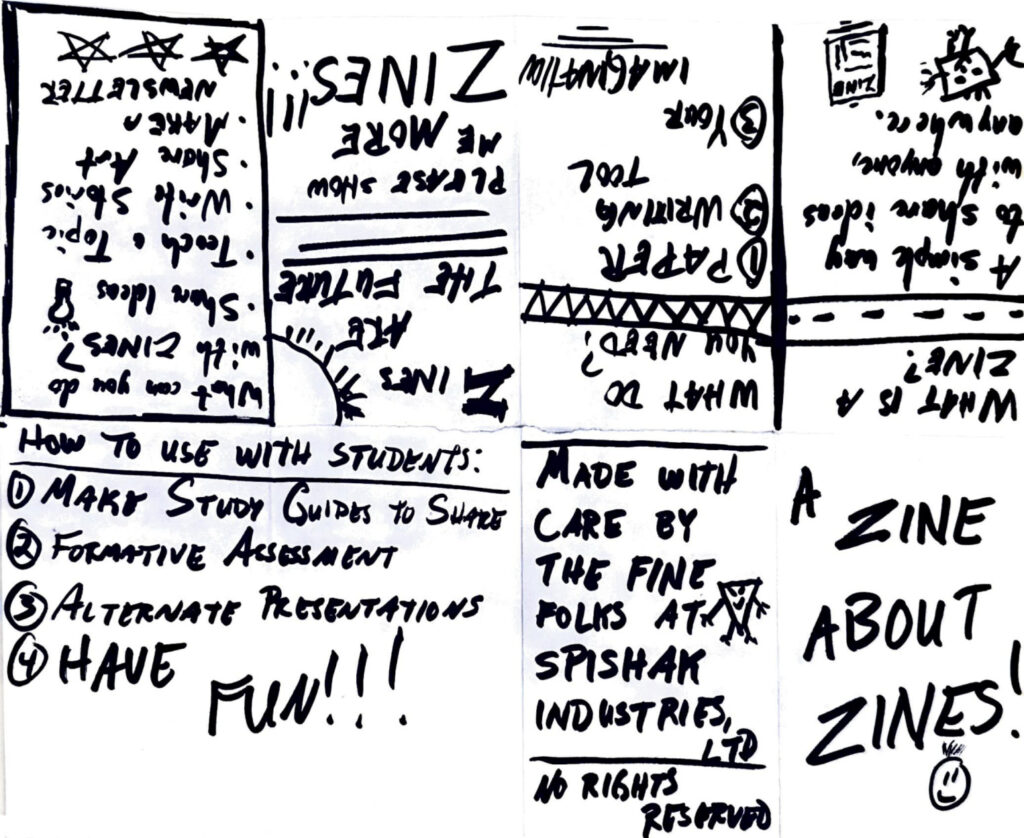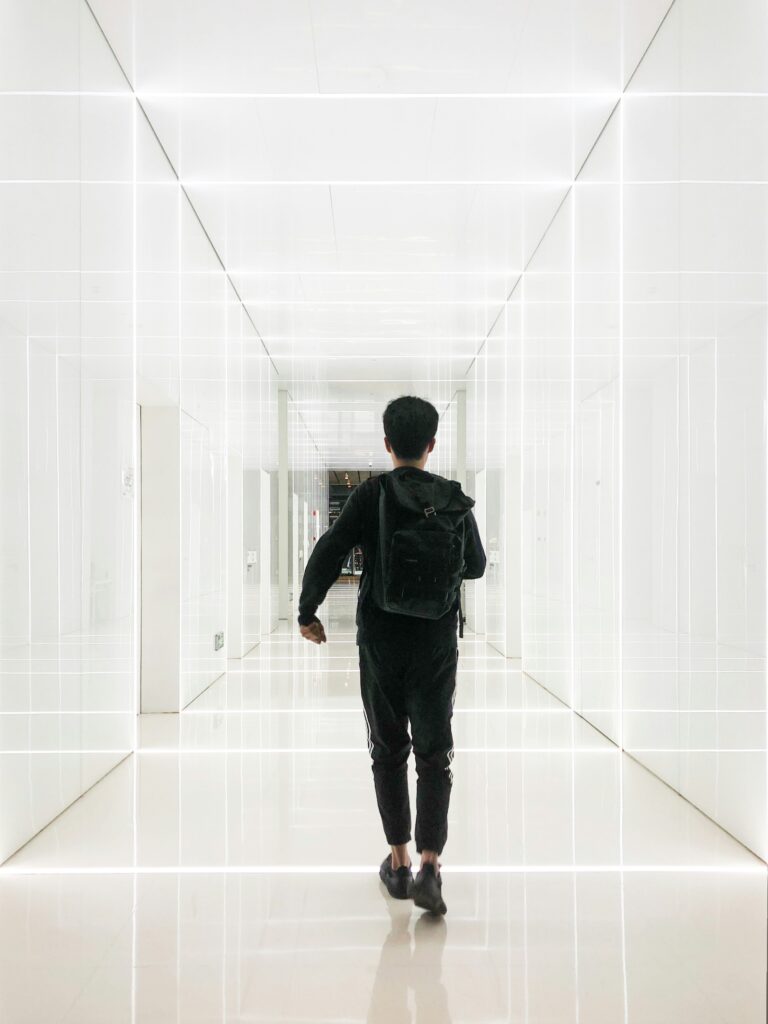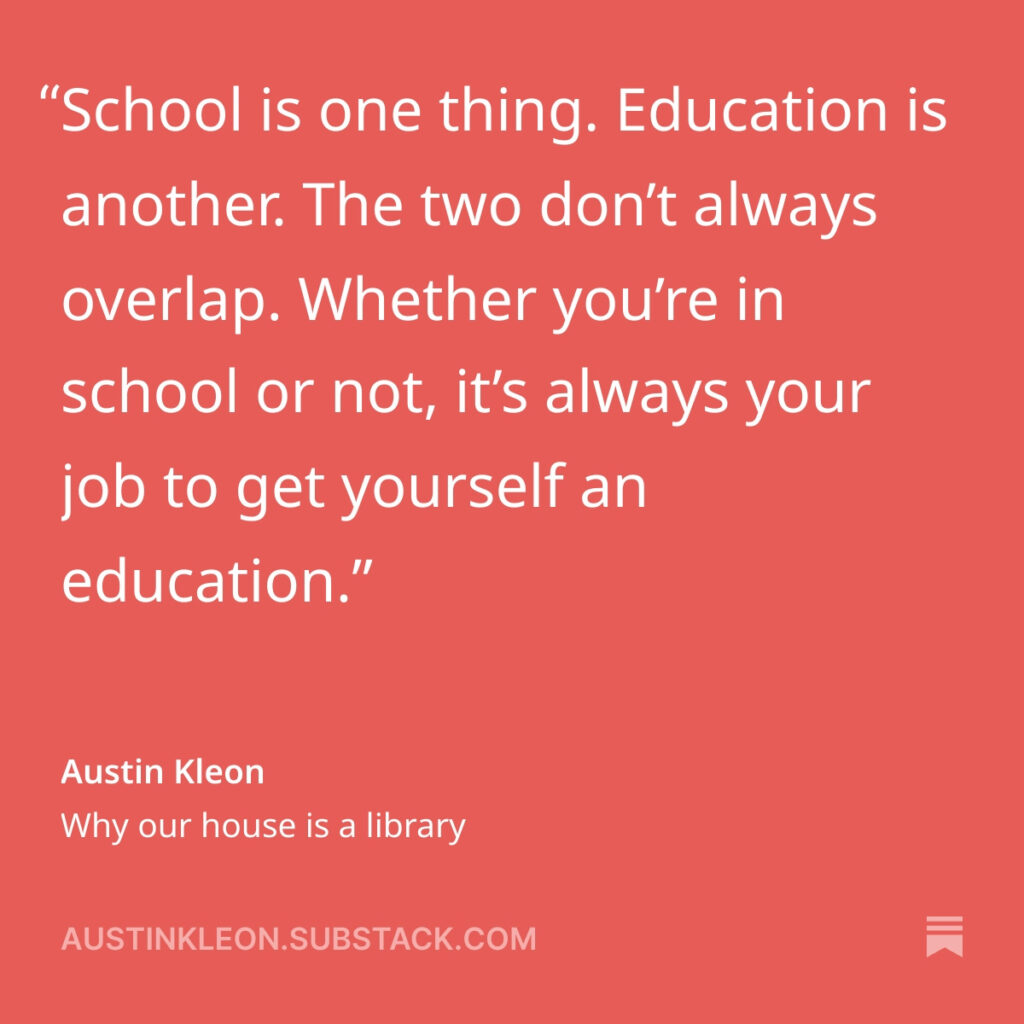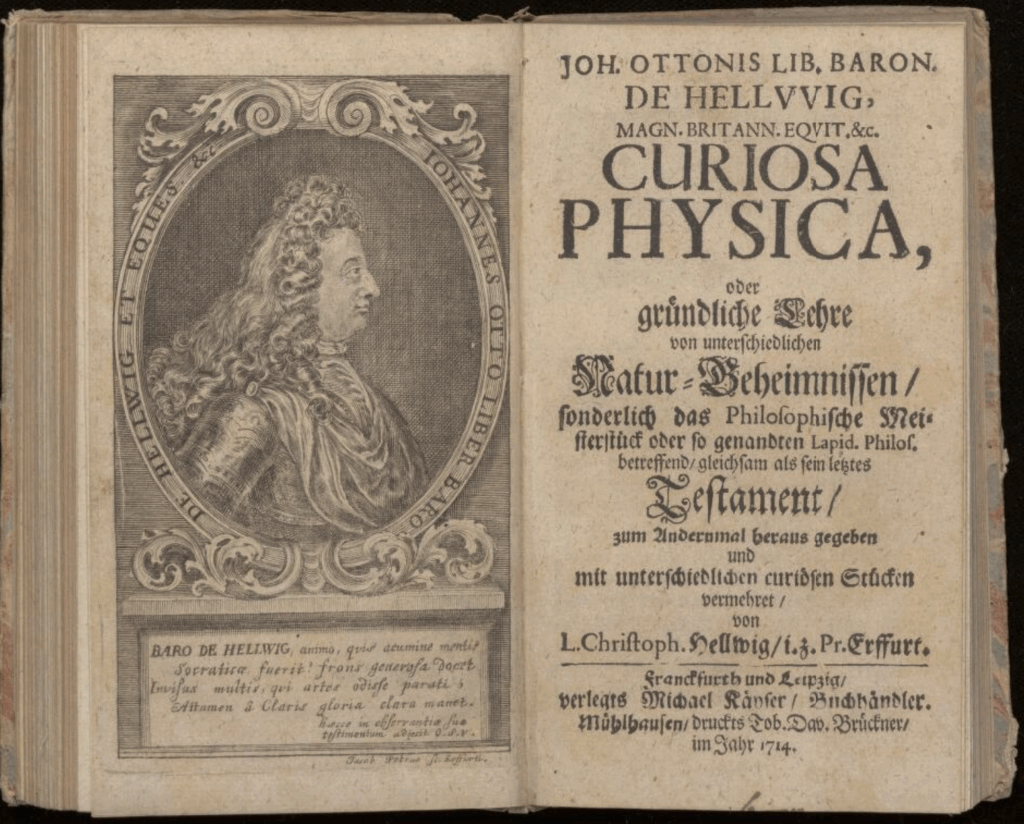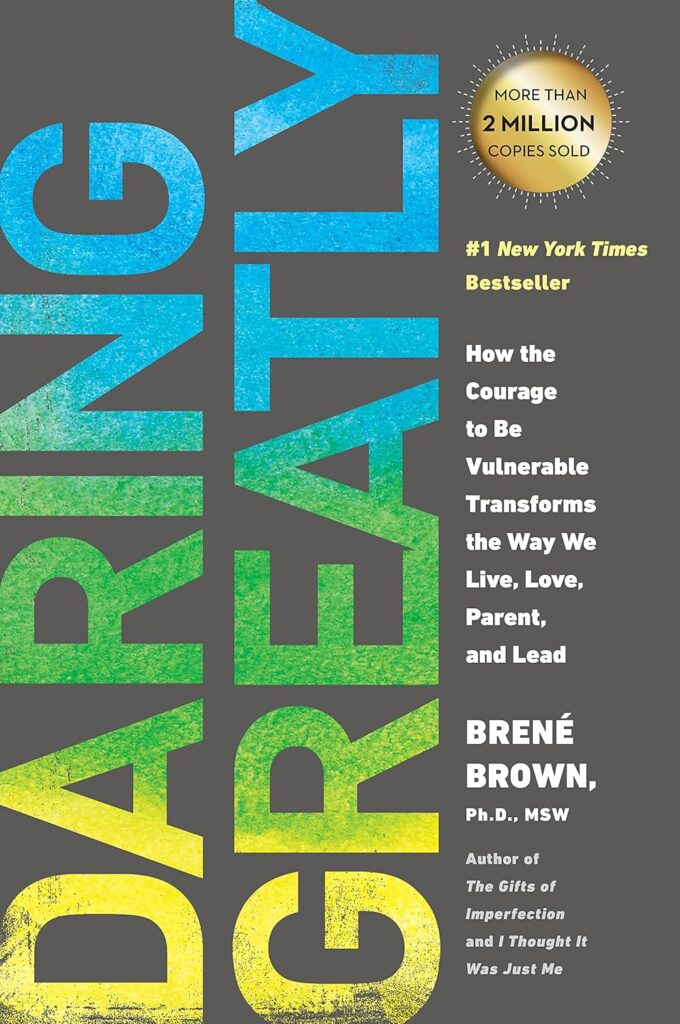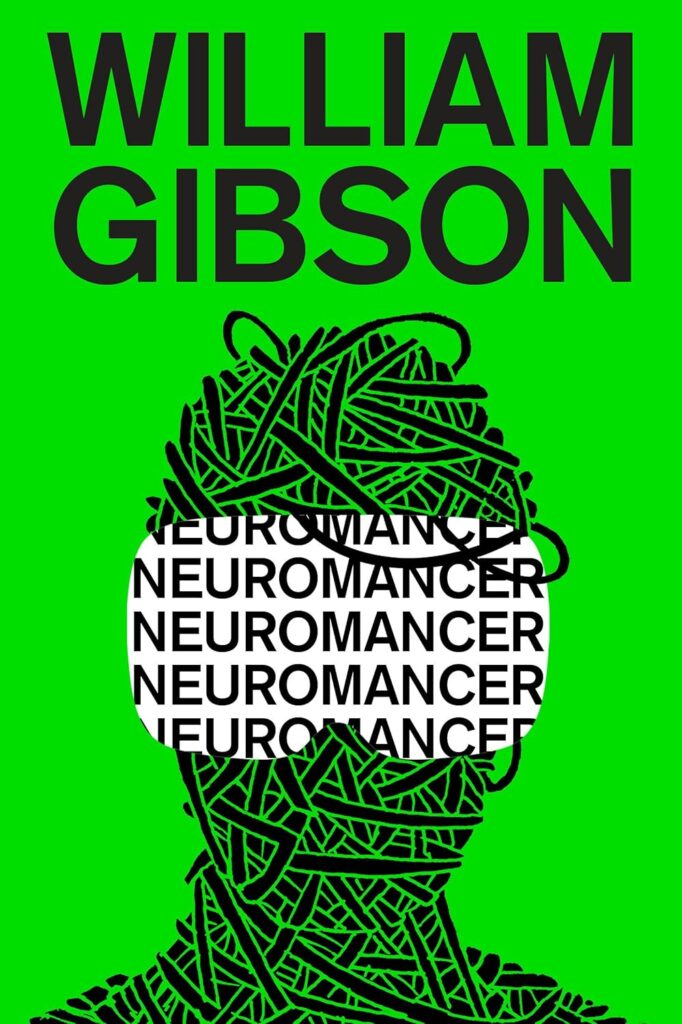In 2018, Dan Brown (yes, that Dan Brown of The Da Vinci Code) helped fund a project at Amsterdam’s Ritman Library to digitize thousands of rare, pre-1900 books on alchemy, astrology, magic, and other occult subjects. The result, cheekily titled Hermetically Open, is now live with 2,178 digitized texts—freely available in their online reading room.
At first glance, this might feel like a niche curiosity, the kind of thing best left to academics or fantasy novelists. But the truth is, these works are a goldmine for educators looking to spark authentic learning across disciplines. They’re messy, strange, multilingual (Latin, German, Dutch, French, and English), and they blur the boundaries between science, philosophy, medicine, and mysticism. And that’s exactly why they’re valuable.
Why Teachers Should Care
For a few hundred years, it was nearly impossible to separate theology, philosophy, medicine, and natural science from alchemy and astrology. Isaac Newton himself famously spent as much time on apocalyptic prophecies and alchemical experiments as he did on calculus and optics. To engage students with these texts is to remind them that knowledge has always been interdisciplinary, networked, and evolving.
That makes them perfect material for authentic learning and connectivist classrooms: students work with primary sources, make connections across fields, and grapple with how humans have always sought to explain the world.
How Different Subjects Can Use the Collection
English & Literature (HS & College):
- Analyze archaic language, quirky spellings, and “long s” typography in original texts.
- Compare occult poetry or allegories to Romantic and Gothic literature.
- Use passages as mentor texts for student-created “modern grimoires” or magical realism writing.
History & Social Studies (MS–HS):
- Trace how alchemy influenced the rise of modern chemistry.
- Explore how astrology shaped political decisions in early modern Europe.
- Debate the blurred lines between science and mysticism in intellectual history.
Science (HS Chemistry & Physics):
- Contrast alchemical “recipes” with modern chemical equations.
- Investigate how flawed models of the universe still paved the way for discovery.
- Discuss how cultural context shapes what gets counted as “science.”
Art & Design (All Grades):
- Study illuminated manuscripts and esoteric symbols as design inspiration.
- Create modern visual interpretations of alchemical diagrams.
- Explore symbolism as a universal language across time.
Philosophy & Civics (HS & College):
- Debate the tension between hidden vs. open knowledge.
- Compare Platonic philosophy, Christian theology, and occult traditions.
- Examine how fringe ideas challenge (and sometimes advance) mainstream thinking.
Why It Matters
When students encounter these texts, they’re not just paging through dusty old curiosities. They’re stepping into a world where knowledge wasn’t siloed, where science, spirituality, and imagination lived side by side. For teachers, this is a chance to create assessments that matter—projects where students remix history, art, and science, using both ancient texts and modern tools like AI.
It’s weird. It’s wonderful. And it’s exactly the kind of resource that can make authentic learning feel alive.
The Eclectic Educator is a free resource for everyone passionate about education and creativity. If you enjoy the content and want to support the newsletter, consider becoming a paid subscriber. Your support helps keep the insights and inspiration coming!
